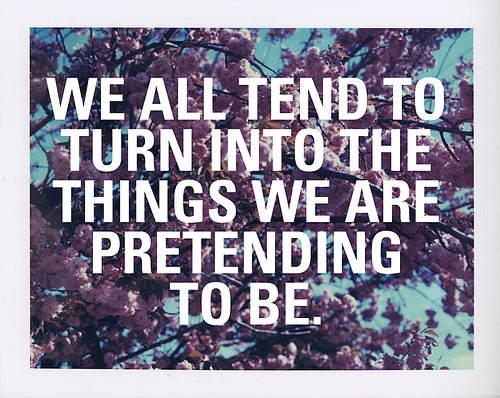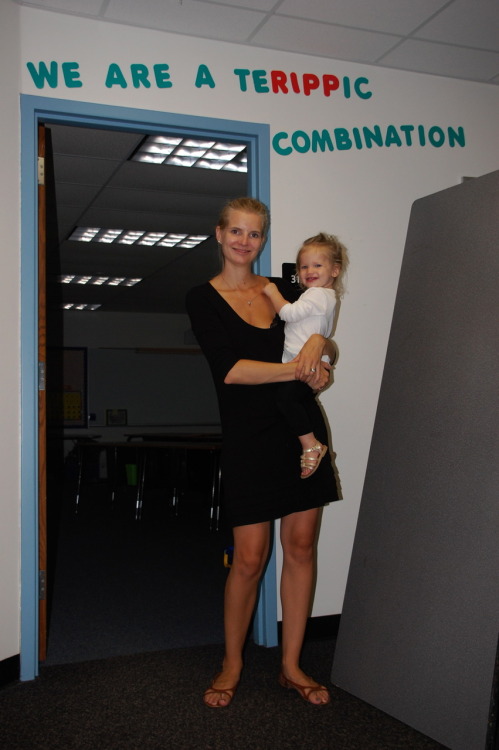 |
| Image taken from here |
I am not a believer in SmartBoards, there I said it. Sure, they are a nice tech tool to have but honestly, for that amount of money, I could think of about a thousand other things I would rather have in my classroom. In fact, Bill Ferriter at the Tempered Radical agrees with me, which partly prompted this post. And yet, I have to applaud what the makers of SmartBoards have done to our school districts. Think about it, a smart board. So if you have it then you must be smart for making the investment and if you don't, well, then you are not.
Sometimes it is all in a name. After all, that is why companies spend money trying to come up with the best marketing they can. So when someone came up with the name SmartBoard you know high fives went around the room. How about the Interactive Whiteboard? Teachers love to speak of how interactive their SmartBoards really are. And where does that notion come from? Their name. I do nto for one minute believe that soemone went up to that board and thought indepedently of how interactive they are for students, maybe for the teacher, but not for others. It really should just be called a touch and response board but that just doesn't seem to have the same kind of connotation. So when you call something interactive well, then, think of how much easier you can sell it.
So really who is the board interactive for? The teacher who gets to touch it as the lesson moves on or the selected student who gets to come up and move a word around. Ooooh, now that is engaged learning. I don't dismiss interactive whiteboards as classroom tools altogether but I do dismiss the notion that they are the ticket to reform our classrooms, to re-engage our learners, and teach our children. Instead they lead themselves to more "sage on the stage" type of teaching where the teacher is in control of all of the learning and the students just get to participate. That is not what school should be. So laud your interactive whiteboards as much as you want, but keep in mind just how they were sold to you. I think it is time we see them for they really are; tools, not solutions, not magic pills, just another tool and one that comes with a steep pricetag and a much too deep learning curve. This should not be the future of our classrooms.






